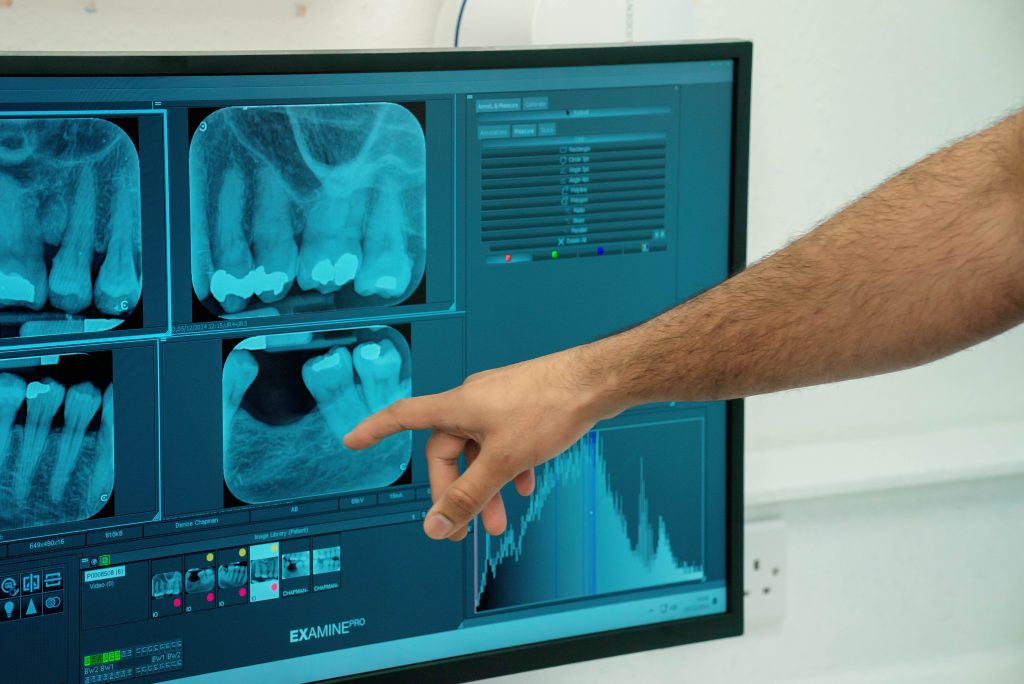gum disease affecting implants
Worried about your gums or dental implants?
IDS provides expert care for peri-implant disease, ensuring your implants stay healthy and secure. Schedule a consultation today and protect your smile for years to come.

Gum Disease Affecting Implants at IDS
What is Peri-Implant Disease?
Peri-Implant Mucositis
The early, reversible stage of infection, characterised by redness, swelling, and bleeding without bone loss. With prompt care, it can be fully treated.
Peri-Implantitis
If left untreated, this infection spreads deeper, causing bone loss and potentially leading to implant failure.
Signs of Peri-Implant Disease
- Red, swollen, or tender gums around the implant
- Bleeding during brushing or flossing
- Pus or discharge from the gums
- Receding gums, exposing the implant post
- A loose or shifting implant
- Pain when chewing
Treating Gum Disease Around Implants at IDS
Professional Cleaning
Regular cleanings to remove plaque and tartar help maintain healthy gums and prevent infection.
Non-Surgical Treatment
For early-stage infections, scaling and root planing can remove bacteria from the implant surface and gumline, allowing the gums to heal.
Antibiotic Therapy
Local or systemic antibiotics may be prescribed to target infections and enhance healing.
Surgical Intervention
For advanced peri-implantitis, surgical procedures like flap surgery and bone grafting may be required to clean the area and restore bone structure.
Laser Therapy
In some cases, lasers can be used to remove infected tissue and bacteria, promoting faster healing.
Ongoing Maintenance
Regular check-ups and cleanings ensure your gums and implants remain healthy, preventing disease recurrence.
The Importance of Early Detection
Preventing Gum Disease Around Implants
- Brush twice daily with a soft-bristled toothbrush
- Use floss or interdental brushes designed for implants
- Attend regular dental check-ups and cleanings
- Avoid smoking, as it increases the risk of infection

